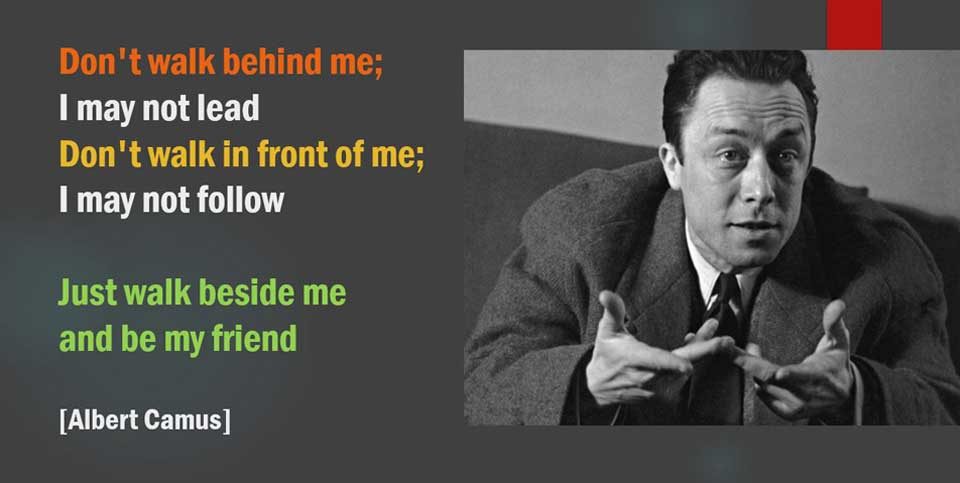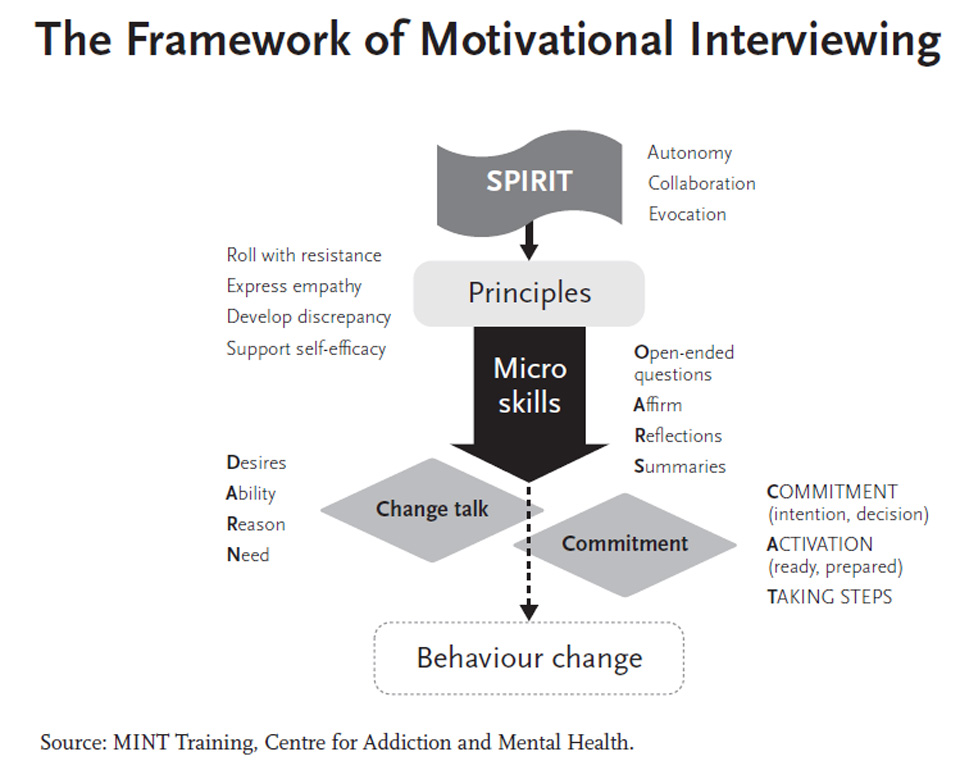Do you need a motivational partner?

Have you heard about the Motivational Interview (MI) ?
It’s the big thing in Therapy and Coaching these days.
And this, briefly, is what it’s about.
MI is a counselling approach developed by clinical psychologists William R. Miller and Stephen Rollnick and first described by Miller in 1983 (in “Behavioural Psychotherapy”)
The technique evolved from experience in the treatment of problem drinkers and is now used widely by therapists to help people change behaviours of all kinds.
Here are some therapists describing what MI means to them.
And this is MINT’s excellent framework for having the best conversations possible in these interviews
For a deeper dive into this topic you might want to try this but be warned – it’s ‘heavy’ going.
Or simply remember that Motivational Interviews are about
. . . working with people to inspire and motivate them to change, not bludgeoning them into it.
Changing for good
You can learn more about how to approach significant personal change in this powerful and evidence based book called “changing for good” by Prochaska, Norcross and DiClemente which has long been one of my favourites.
And you’ll find that book amongst some of my other favourites here.
And whilst it’s tempting to conclude that their key insight is obvious – I think it’s also something we often forget.
In a nutshell their message is that:
Real, long term, significant behavioural change . . . takes time.
You cannot change the big stuff in a day – it just won’t work.
We need time to contemplate our behaviours if we’re to develop our own inner desire to change – and make those changes stick.
Or, to put it another way – as I always described it to my children:
Humans obey the reverse of Newton’s laws of motion.
Apply a big enough force to an inanimate body and, unless it’s nailed to the floor, it will move in the direction you push.
Apply a force to a human body . . .
. . . and the chances are that it’ll move in the opposite direction !
The funny thing is . . .
Albert Camus, who gave us that brilliant quote above, knew all about this concept a long time ago.
And long before the ‘technique’ of of motivational interviewing was developed in 1983. (Camus died in 1960, aged 46)
Indeed, I’d argue that it was Socrates (who lived c. 2,500 years ago) who first developed this ‘co-working’ method of problem solving. Although his focus was not on making people ‘feel’ better – but on getting better answers – which, in truth, do make us feel better in the end 🙂
The Socratic method is the basis of all scientific enquiry – and is simply about being open to a series of questions to reveal better solutions.
All parties (the questioners and the questioned) are encouraged to challenge the other’s positions. An Idea (belief or assertion) is met with counterexamples to reveal any flaws and this leads to modified ideas which are then tested again and so on.
And it’s through this continual challenge and refinement that we develop better solutions – because they’re grounded in reality.
Now, getting back to Camus’ quote.
I think we all yearn for this approach to life in our hearts.
We just forget sometimes – to work in this ‘co-operative’ way.
I mean, seriously . . . who really wants to be followed all the time?
Who wants to take all the pressure and responsibility for directing every step in a business, or in someone else’s life or for a country ?
Yes, I know, Donald Trump. But let’s get serious – apart from him – who?
And who wants to be a follower?
Who wants to spend their lives just ‘tagging along’ and taking instructions every day, with no responsibility or ‘say’ in which way things go?
No, of course not. Nobody wants either of those things.
The relationships we yearn for are those where we are treated as ‘equals’ and where we co-operate and co-develop our ideas to make a better future.
So, how about we do more of that?
Of course a discussion of this sort does need to start with an acknowledgement that there’s an issue we need to address.
And, if you’ve not read it yet, start with this Insight
. . . because there really is no ‘F’ in change 😉
All the best for now
Paul
Now, if you’re interested in this ‘co-development’ approach to problem solving – in your work or personal life.
And you’d like to learn more about it – and get more control of your money just click below
This is precisely what my work is all about.
Please share your thoughts in the comments below.
You can log in with your social media or DISQUS account OR
To “post as a guest” – just add your name and that option will pop up.



Discuss this article